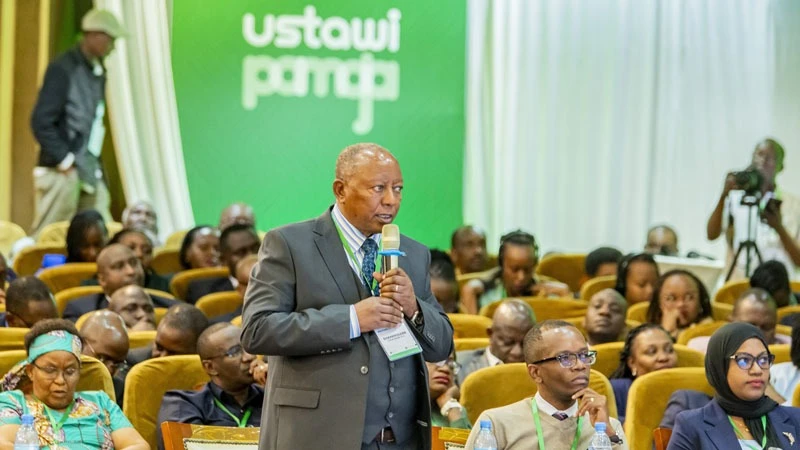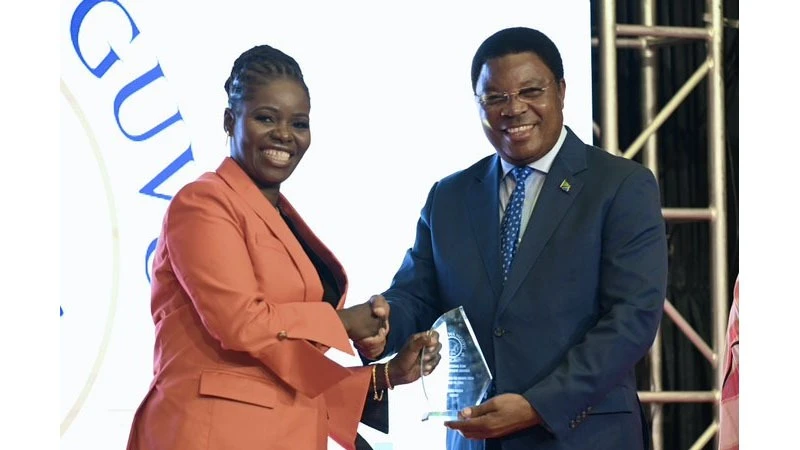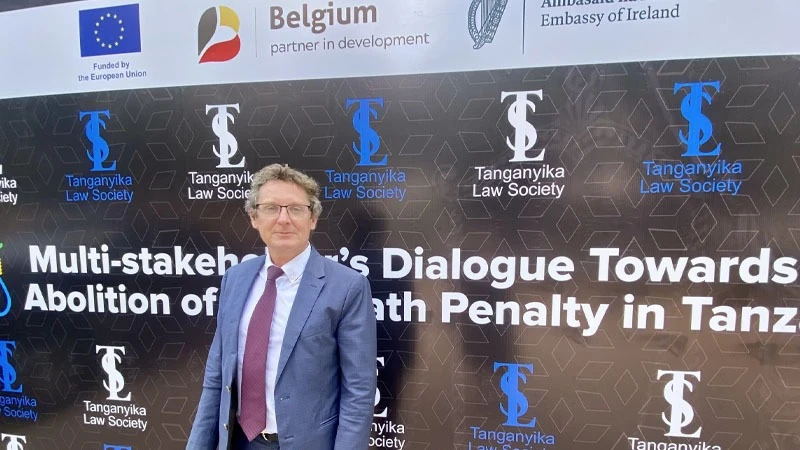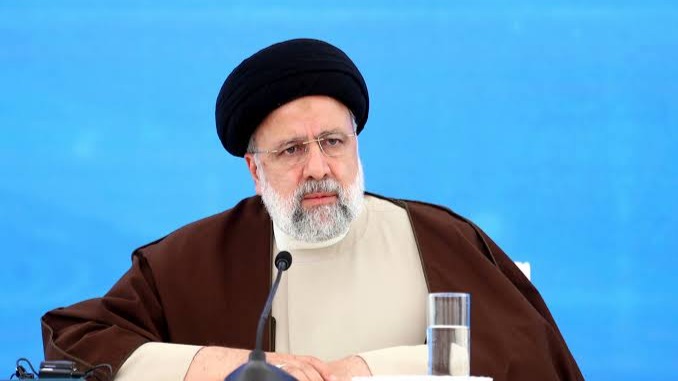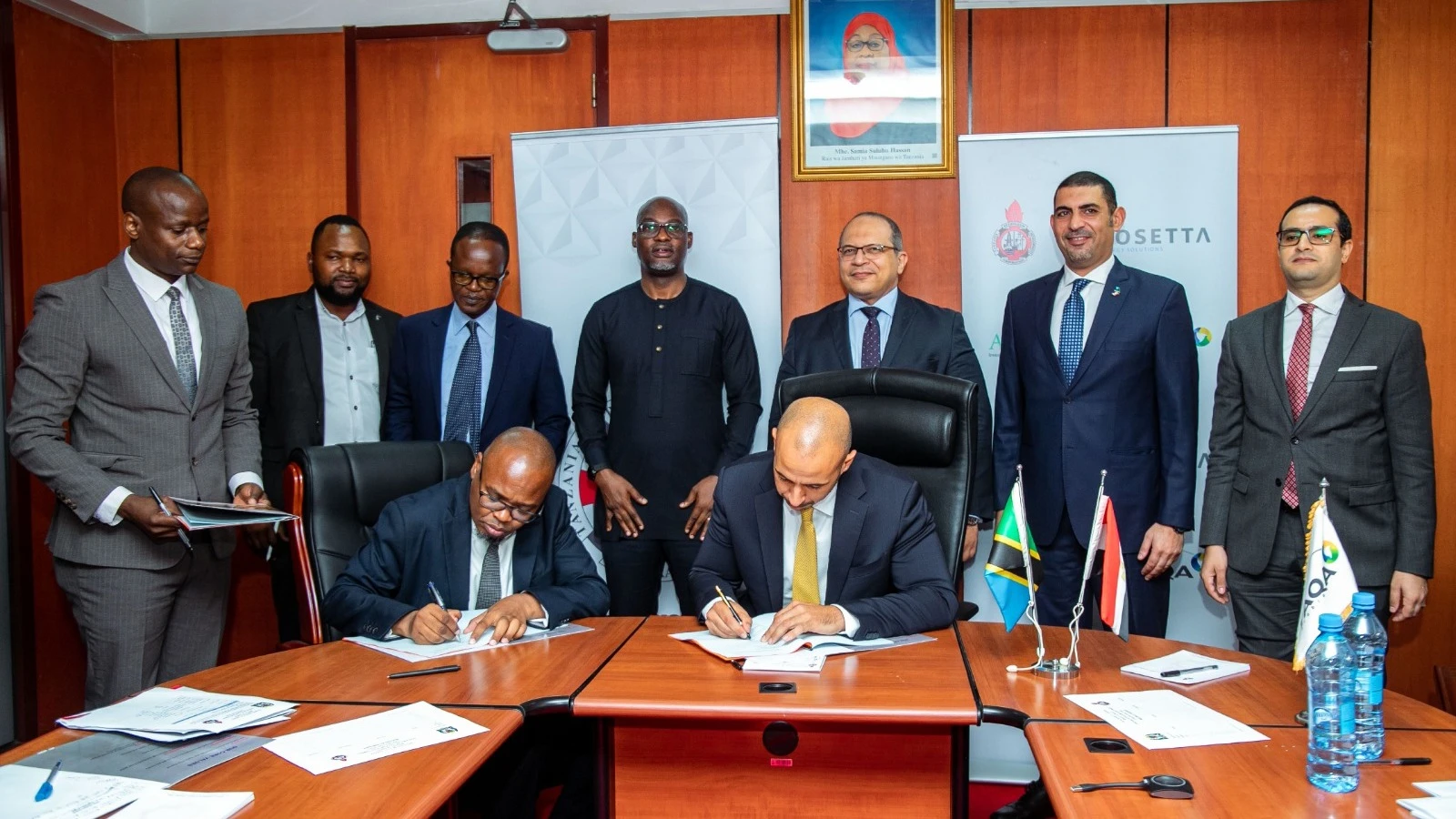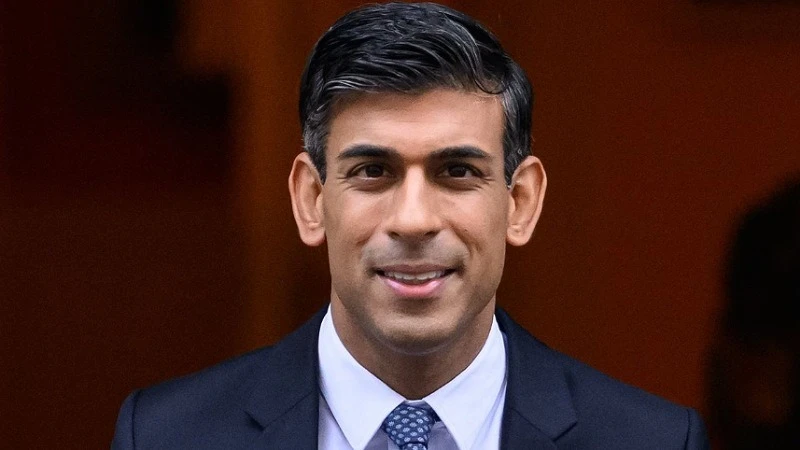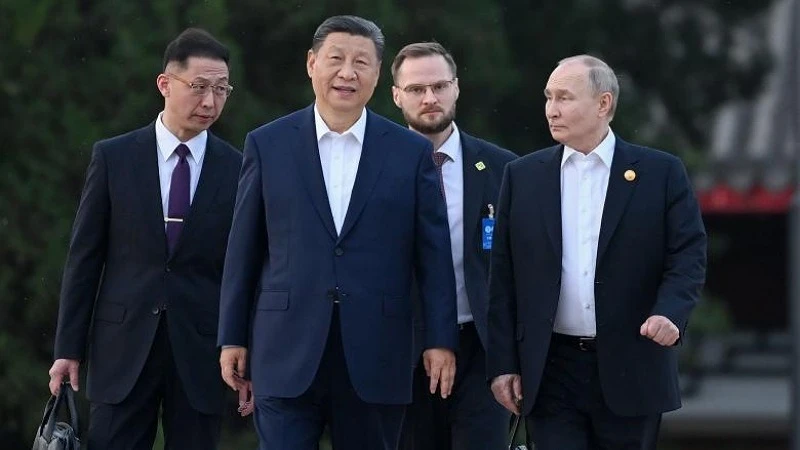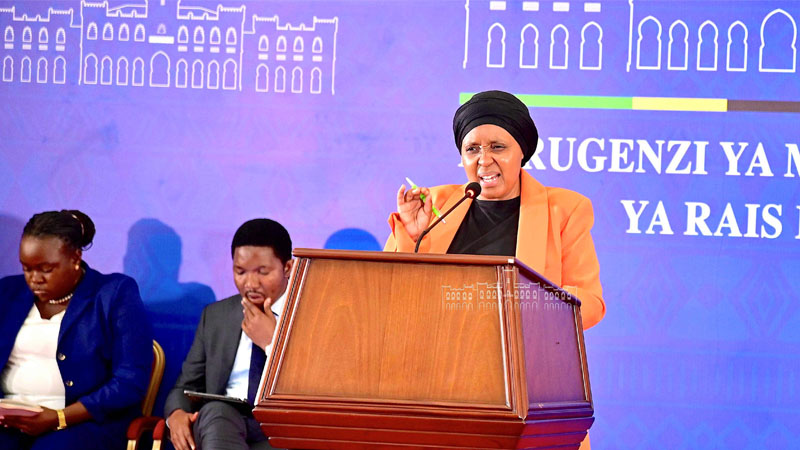Ministry starts aligning education sector with new curricula
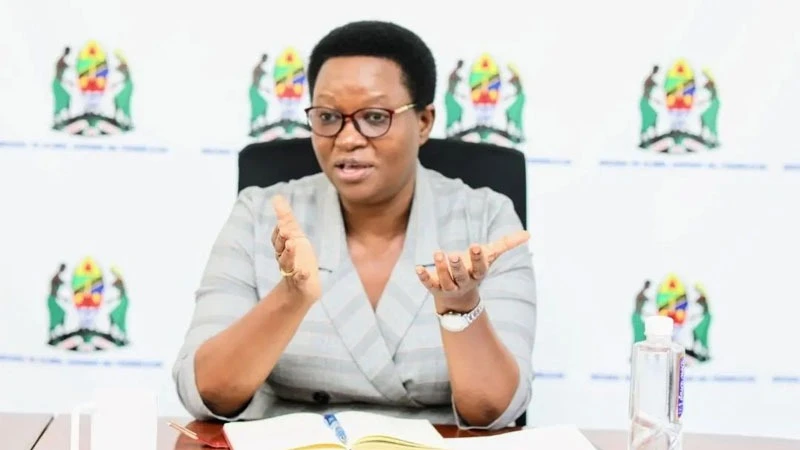
Ministry of Education, Science and Technology has started working on the education sector development plan 2021/22–2025/26 to align with the new curriculum and policy revisions done last year and expected to be completed within six months.
Improvements of pre, primary, secondary and teacher training curricula is meant to give learners knowledge and abilities they need to employ themselves or be employed both domestically and internationally.
Speaking on Thursday during the Annual Joint Education Sector Review (AJESR) meeting for 2023/2024, Prof. Carolyne Nombo, Permanent Secretary of the Ministry of Education, Science and Technology, said that the work is carried out by national and international experts in collaboration with education stakeholders.
“The ministry has begun to improve the plan in light of outcomes of the 2022 housing and population census as well as modifications of policies and curricula. We anticipate completing it in September this year and the experts will reach out to all groups. UNICEF is in charge of organizing education development plan review," she said.
She said the ministry was still reviewing a number of documents and programmes that are being used to put new rules and curricula in place for the 2023 edition.
She clarified that the government has implemented a significant change to the 2014 education policy and new curricula for pre, primary, secondary and teacher training and the Education and Training Policy 2014.
"The cornerstones of the nation's educational system are the curricula and education policies. I can promise you that they have been worked on with utmost expertise, taking into account the demands of the market and our environment," she said.
She said that stakeholders would discuss the curricula and policies to determine how best to put them into practice throughout the meeting.
Daniel Baheta, Chief of education at the United Nations Children's Fund (UNICEF) in Tanzania, said that investing in technology that enhances learning and teaching will help address Tanzania's teacher shortage, particularly in the fields of science, mathematics and languages.
He said UNICEF and other development stakeholders will continue to support Tanzania financially based on the government's priorities for enhancing the education system.
Prof James Mdoe, Deputy Permanent Secretary in the Ministry of Education, Science and Technology, said the attendees would develop strategies for implementing the different plans for improving the education sector, including curricula and education policy.
Top Headlines
© 2024 IPPMEDIA.COM. ALL RIGHTS RESERVED








